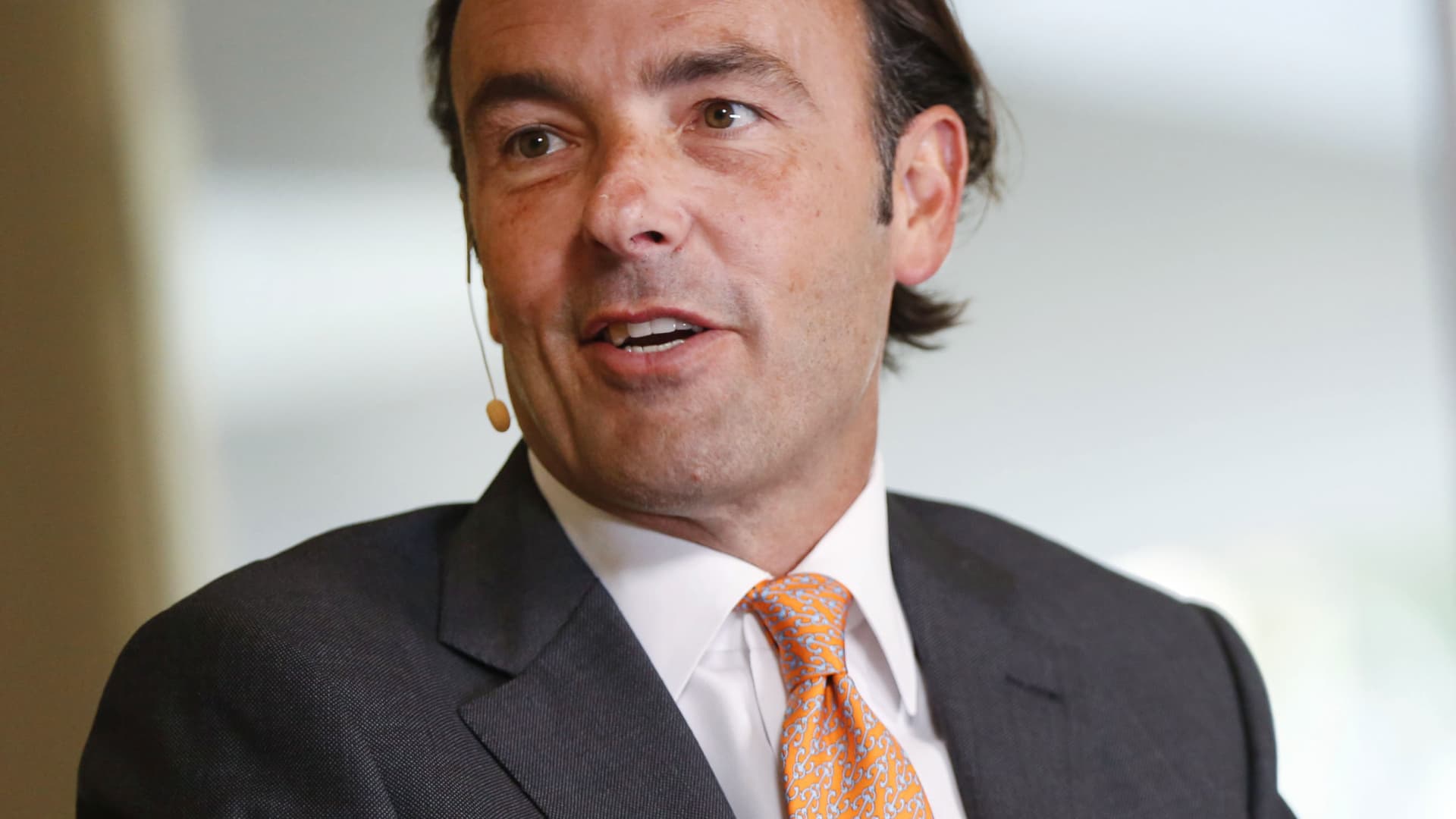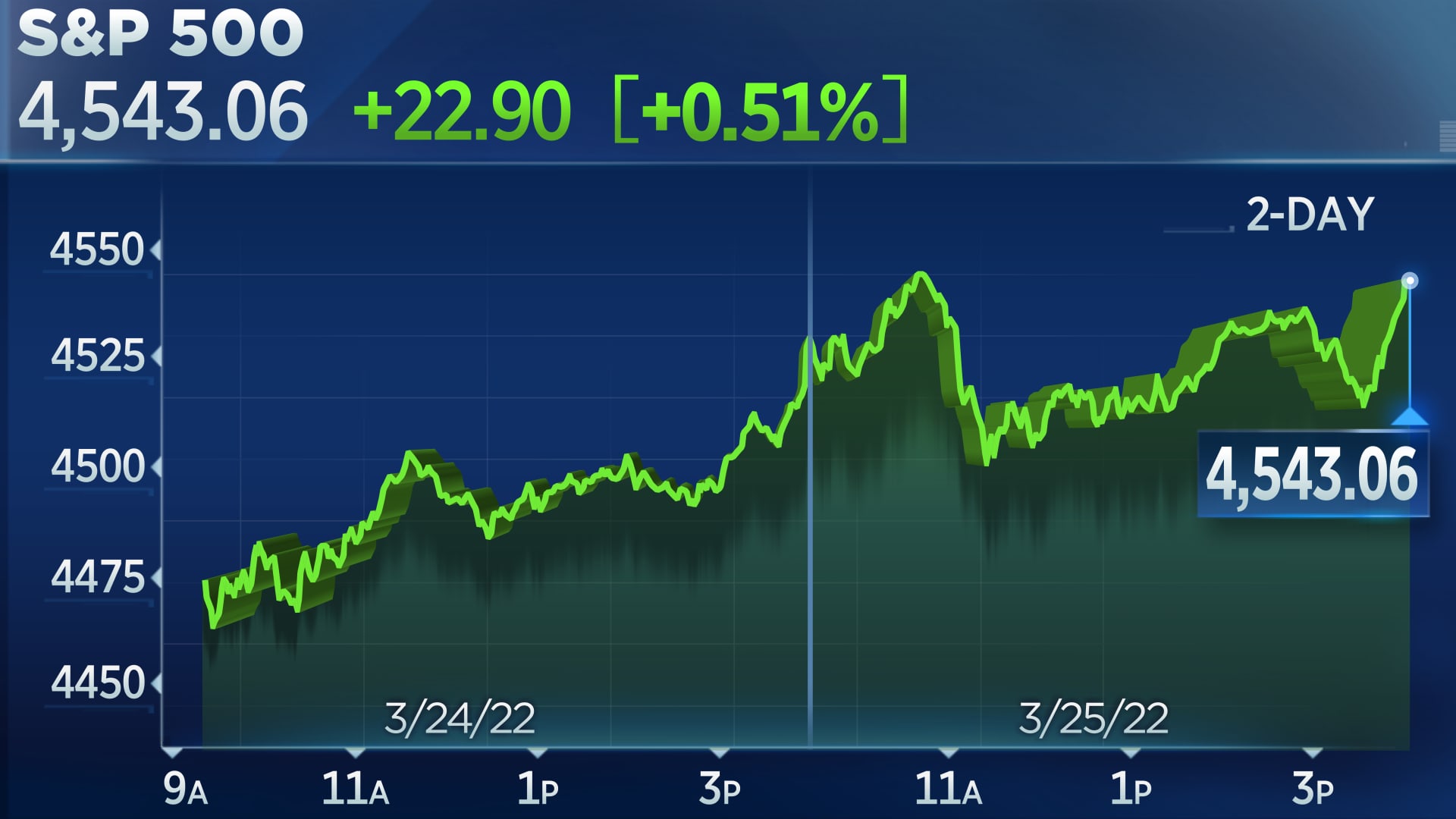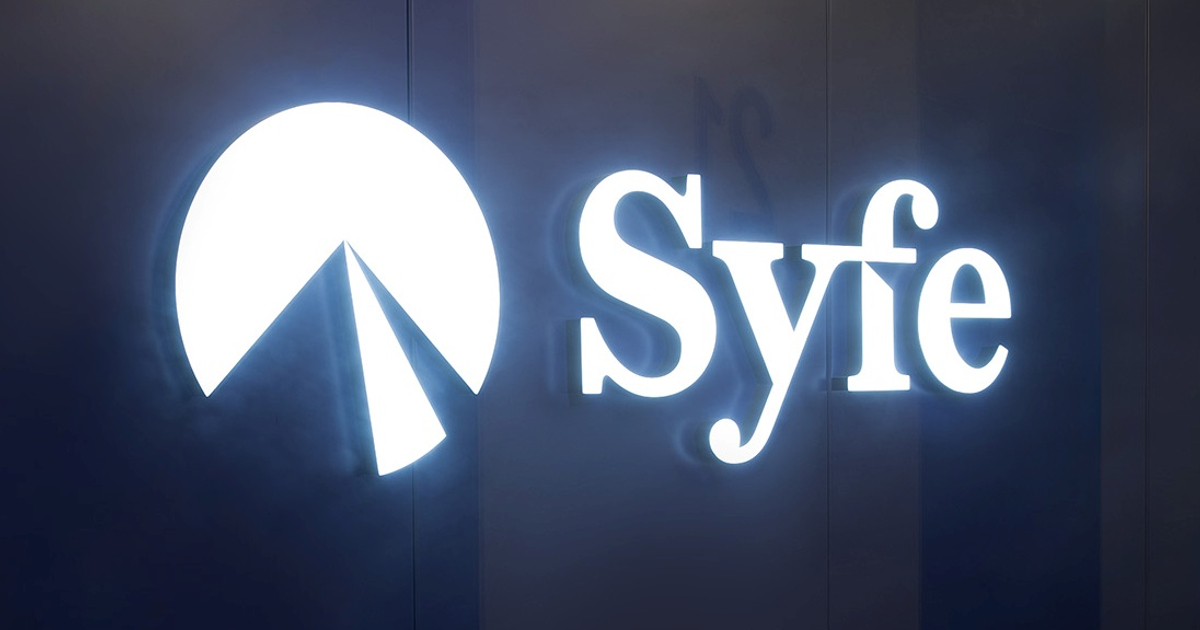More than 100 business leaders including Wikipedia's Jimmy Wales sign open letter backing Britain's center-left opposition
The U.K. has been "denied the skills and infrastructure it needs to flourish," the letter says.

Labour's Shadow Chancellor of the Exchequer Rachel Reeves gives a speech on the British economy ahead of the Bank of England monetary policy release on May 07, 2024 in London, England.
Dan Kitwood | Getty Images News | Getty Images
LONDON — More than 100 business leaders on Tuesday voiced their support for the U.K.'s center-left opposition Labour Party, nearly five weeks before the country heads to the polls.
The group, which includes Wikipedia founder Jimmy Wales and former vice-chairman of JP Morgan Cazenove Charles Harman, said in an open letter to The Times newspaper: "We, as leaders and investors in British business, believe it is time for a change."
The writers of the letter claim that the U.K. economy has suffered from a decade of stagnation amid a lack of both political stability and a long-term, consistent economic strategy. The country has been "denied the skills and infrastructure it needs to flourish," the letter says.
The Labour Party has "shown it has changed and wants to work with business to achieve the UK's full economic potential," they said.
Signatories also include WPP's former U.K. President Karen Blackett, JD Sports and British Retail Consortium Chair Andrew Higginson, and the former CEOs of Tesco Bank and Heathrow Airport. Few current FTSE 250 chief executives appear on the list.
The right-wing Conservative Party has been in power since 2010, initially as part of a coalition with the smaller, centrist Liberal Democrat Party. The U.K. has had five prime ministers during that period.
The last U.K. general election was held in 2019 and resulted in a decisive victory for the Conservatives under former U.K. Prime Minister Boris Johnson, who resigned in 2022 following a series of controversies.
Political polls for the last two years have pointed to a likely Labour victory, despite the major turnover in the national vote that will be required.
Incumbent Prime Minister Rishi Sunak last week called a surprise election for July 4. In his speech and in comments to media, Sunak said his government had overseen a fall in inflation and a return to economic growth.
The U.K. economy expanded by 0.6% in the first quarter, after falling into a shallow recession last year.
Labour has placed a major focus on committing to fiscal discipline in the party's campaign messaging. In a release Tuesday, Labour said its pledges include establishing a new publicly owned energy company and bringing train operators under public ownership.
Labour's shadow finance minister and former banker Rachel Reeves, has meanwhile made a long-running effort to woo business and finance executives.
In a speech on Tuesday, Reeves said the Labour Party would cap corporation tax at its current level, work with the private sector to drive U.K. investment and publish a business tax roadmap within six months of taking power, the BBC reported.
Delivering his own speech on the campaign trail, Sunak said that Labour would not bring financial security to people, according to the BBC.
CNBC has contacted the Conservative Party for comment.
Correction: This story has been updated to reflect Karen Blackett's job title.

 Kass
Kass 































